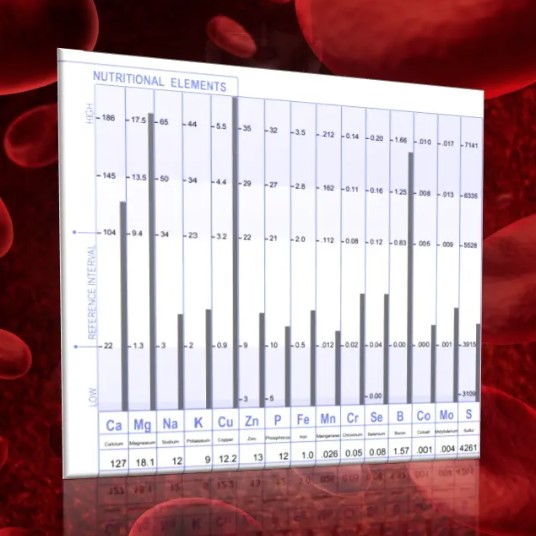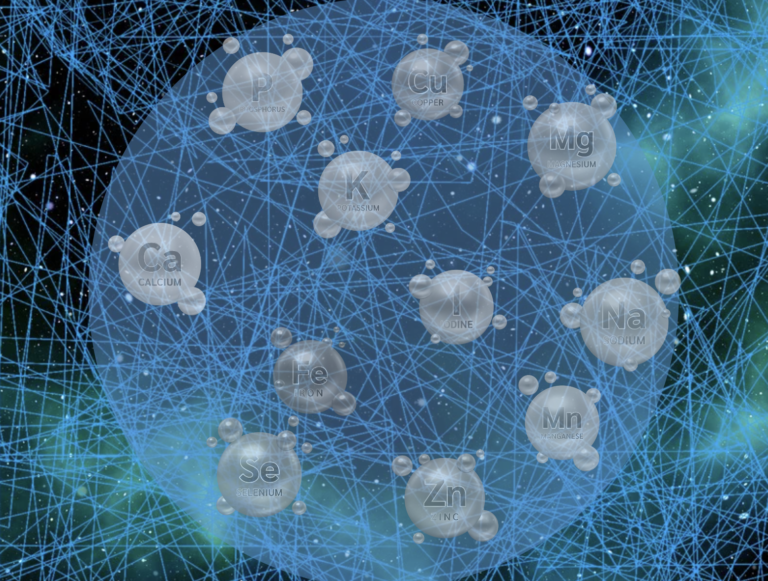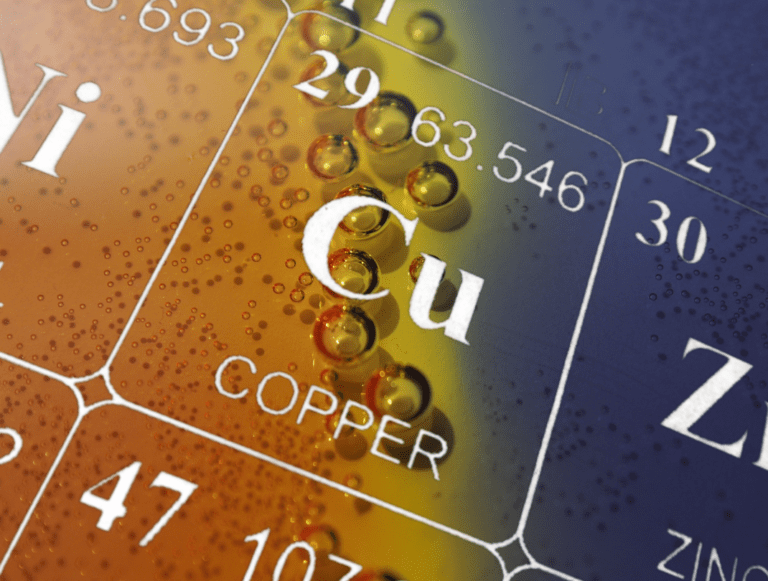January 1, 2019
In honor of this new year 2019, here’s a tribute to ’19 on the periodic table – the mineral Potassium. When most people hear ‘potassium’, they typically think about bananas, and rarely consider that their bodies might be deficient. This is an unfortunate consequence of allopathic thinking and over-reliance on the blood potassium level. Potassium deficiencies rarely show up in blood tests, even though 80%-90%+ of people are deficient in this all important nutrient! Just as with Mg, Cu, Zn, and other minerals, the blood works to maintain a homeostatic balance, working always to return these nutrient levels to a healthy range. But, it does this at the expense of tissue and cellular levels. With correct interpretation of HTMA testing, we then begin to see the epidemic deficiency of potassium across the population.
So, aside from the infamous banana, where else can we find potassium? Some good sources include sweet potatoes, lentils, lima beans, beet greens, black strap molasses, avocados, halibut, sardines, salmon, coconut water, nettles, and black cherry juice. The RDI of potassium is 4700mg, yet to put that in perspective, that’s roughly the equivalent of consuming 7 cups of veggies per day – difficult for most people to say the least. Then we consider that zinc is necessary for optimal potassium absorption, and most people also have some level of zinc deficiency. The popular fad of supplementing excessive Vitamin D further depletes cellular potassium (yet again though, most people are never taught this connection). Do you have stress in your life? If so, that too depletes potassium. Exposure to fluoride, mercury, other toxins, and insulin resistance are all other contributing factors why cellular potassium may be low.
When we have low potassium, this then opens to the door to a wide assortment of health conditions, including fatigue, muscle cramps or spasms, digestive issues, nausea, twitches in the arms or legs, heart palpitations, a-fib, and on and on. We need potassium for blood pressure control, muscle contraction, HCL secretion, and proper electrical activity of the heart. Potassium works with sodium via the Na/K pumps to control intracellular fluid balance and the transport of nutrients into the cell. It also helps support mitochondrial sensitivity to thyroid hormone, and so low cellular potassium can also lead to the effects of hypothyroid – again fatigue being a big one here. The importance of potassium cannot be underscored.
So, as we embark on this new year 2019, keep in mind the importance of #19 (a.k.a. Potassium) when it comes to optimizing your health. In fact, working to increase your potassium intake just might be a perfect new year’s resolution! 😉🎉








